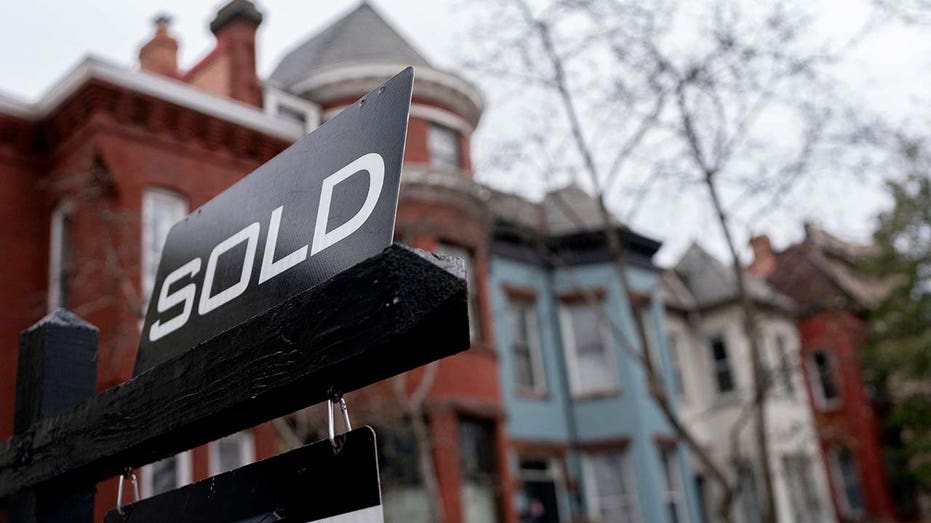Risky real estate: 'It's not great environment for an investor'
Natural disasters like Hurricane Ian 'puts more pressure on insurance premiums'
Real estate investors are facing even more risk due to several economic headwinds, including rising insurance rates coupled with high home and borrowing costs.
Aaron Drucker, senior director at digital mortgage lender Milo, told FOX Business that "it's not great environment for an investor today."
The riskiest properties, according to Shaun Greer, senior vice president of revenue at Sundae, are ones that are much higher than the median sales price in the market, while real estate that is priced at or below the median sales price in the market after it is rehabbed is the least risky.
Drucker noted that its also vital to look out for properties that need flood insurance.
US HOME PRICES SLOWED IN AUGUST AT THE FASTEST PACE ON RECORD
For example, if the property is in a flood zone, which is highly likely on coastal areas such as Miami, then investors will need flood insurance, which is increasing in price.

A sign is displayed outside a house for sale in Pittsburgh, Jan. 4, 2019. (AP Photo/Keith Srakocic, File / AP Newsroom)
Natural disasters like Hurricane Ian "puts more pressure on insurance premiums," he said, adding that "many Florida insurance companies need to increase premiums to offset losses from Hurricane Ian and to build reserves for future claims."
Many homeowners saw an increase in their rates last year due to policy changes with the National Flood Insurance Program, which provides flood insurance to property owners, renters and businesses.
Another issue facing investors is mortgages rates, which are normally higher for investment properties than for homes used as a primary residence because "lenders are exposed to more risk when lending money to real estate investors," according to LendingTree.
Typically, investors pay between 2-3% higher than primary home borrowers, according to Drucker.

A sold sign is posted in front of a house in Washington, D.C., on Feb. 26, 2022. (Photo by STEFANI REYNOLDS/AFP via Getty Images / Getty Images)
Aside from higher interest rates, investors also face stricter borrowing requirements, according to LendingTree.
Greer told FOX Business that higher interest rates have reduced "the confidence level an investor has that once they place the home for sale, that it will sell."
Additionally, home prices, although cooling, are still high, Drucker said.
CLICK HERE TO READ MORE ON FOX BUSINESS
According to the S&P CoreLogic Case-Shiller index, prices from the previous year climbed 13% nationally in August. However, prices are still down from 15.6% increase in July.
"Most markets have not experienced pricing pressure as inventory remains stubbornly low," he added.
According to data from real estate brokerage Redfin, new listings plunged 22% last month, marking the largest declines since May 2020.

A for sale sign stands in front of a house on Oct. 6, 2020, in Westwood, Massachusetts. (AP Photo/Steven Senne, File / AP Newsroom)
What should investors look for?
Greer said that investors can reduce their risk if they purchase homes that can be rented as a long-term or short-term rental during the winter slow season selling months.
Investors also should look for higher demand locations, like near schools or universities. They should also look for areas that have overall net increase in population growth including markets that had an increase prior to the pandemic, he added.





















